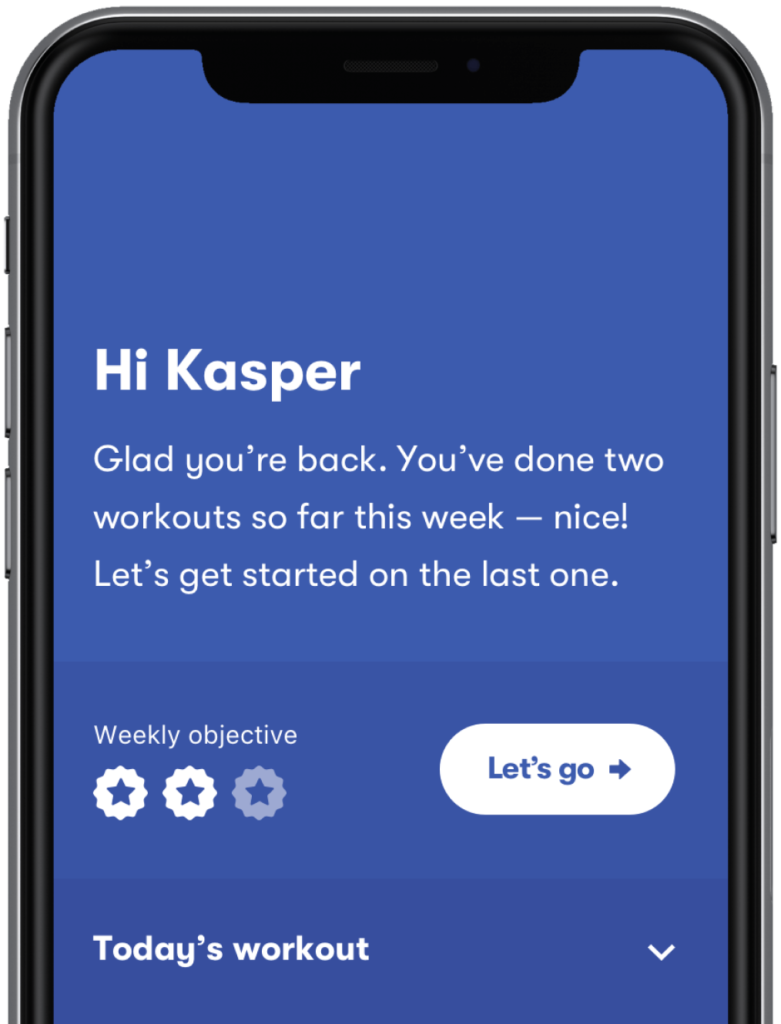Content:
Symptoms of neck strain
What is the difference between a neck strain and a neck sprain?
Typical causes of neck strain
Treatment and pain relief
Recovery: How long does a neck strain last?
When to see a doctor about your neck pain
Exercise: A simple remedy for neck strain
Your neck supports your head, which weighs about 10 to 12 pounds. The neck also contains several vital structures, such as your windpipe, food pipe, and spinal cord. Your neck is capable of an extensive range of motion in all directions. As a result, your neck is less stable than many other parts of your body. Also, your neck is affected by the movement of nearly every other part of your body. This puts your neck at a high risk of injury. A neck strain is an injury to the muscles and tendons of the neck.1
A mild neck strain may be nothing more than a slight annoyance. However, a moderate to severe neck sprain can cause you considerable pain and other symptoms. You may not be able to perform basic tasks like getting dressed or doing housework. A neck strain can affect your life at home and at work. It can prevent you from enjoying recreational activities.2 Luckily, most neck strains heal with exercise and conservative treatments at home.
In this informative guide, we explore the symptoms and causes of neck strain. We also look at some of the treatments that work. We guide you on how you can prevent neck strains in the future. Last but not least, we introduce you to some physical therapy exercises that can relieve your neck strain symptoms. The Injurymap app shows you how to do each exercise correctly. Please note that this guide has been written for your information only. It is not meant to replace medical advice. Please see a doctor if your neck strain is severe or your pain does not improve with home exercises.
Looking for a solution to neck strain? Try the Injurymap exercise app now.
Symptoms of neck strain
The most common symptom of neck strain is neck pain. The pain is usually localized to the neck. However, it can spread to the surrounding areas such as your head, shoulders, and upper back. Some people with neck strain experience a sharp, stabbing, throbbing pain. Other people describe a persistent dull, achy pain. Neck pain due to strained neck muscles can affect your concentration during the day. It can also disturb your sleep at night. The pain is typically worse when you move your neck.2 Certain activities, like working on a computer, watching TV, or reading may cause a flare-up of neck pain.3
Recovery: How long does a neck strain last?
Most neck strains take a few weeks to heal. However, you will begin to notice an improvement in your pain in less than a week with stretching and strengthening exercises.1 Please note that a severe neck strain can take up to 12 weeks to heal. This usually occurs in the context of more serious injuries. If you have suffered a severe neck injury, you must consult with a doctor before starting any exercise program.
Preventing neck strains in the future
You can make some simple changes to your daily routine to prevent a neck strain:5,6
- Maintain a good posture while sitting and standing. Your shoulders should be square in line over your hips. Your ears should be in a straight line above your shoulders.
- Take frequent breaks from working at your computer or during long car rides. During the break, move around and stretch your neck and shoulders.
- Ensure your chair, desk, and computer are ergonomically designed (optimized for human use). Your computer monitor should be at eye level. Your arms should be supported by armrests. Your knees should be slightly lower than your hips.
- Avoid tucking your phone between your ear and shoulder as this puts you at a higher risk of developing a neck strain.
- Do not carry heavy bags with shoulder straps because this puts a strain on the neck muscles.
- Sleep in a position where your neck and body are aligned. Use a small pillow to support your neck. Avoid sleeping on your stomach – in this position you twist your neck to one side or the other for hours at a time. Consider placing pillows under your thighs when you’re sleeping on your back – this can prevent neck strain by flattening the spinal muscles.
When to see a doctor about your neck pain
In the majority of cases, a neck strain can be managed at home with exercises and other conservative treatments. However, you should be aware of certain symptoms that warrant a trip to the doctor, such as: 2,5
- Severe neck pain that continues for several days without relief
- Numbness and tingling in the shoulders, arms, or hands
- Weakness in the arms or hands
- Headaches
- Dizziness
- Problems with vision
- Neck instability
- Difficulty performing fine movements with the fingers
- Feeling off balance or walking abnormally
- Loss of bowel or bladder control
Exercise: A simple remedy for neck strain
Injuries are a common cause of neck strain. But neck strain is also an increasingly common lifestyle problem. The reason for this increase is that more people are spending long hours in front of computer screens or staring down at their smartphones. These everyday activities can cause the neck muscles to become overstretched and weak. When this is repeated day after day, you end up with a neck strain.6
The body responds to muscle injury with protective spasms. Before you know it, you’re in a lot of discomfort, struggling to perform daily activities. Thankfully, there are simple lifestyle modifications that can help prevent neck strains. And if you already have symptoms of neck pain, stiffness, and muscle spasms, exercises can help relieve your discomfort.
The key to recovering from a neck strain is proper stretching and strengthening of the neck muscles. The Injurymap app has a range of neck and shoulder exercises that you can do in the comfort of your home. The app demonstrates the correct form and technique for each exercise. Start with slow range of motion exercises and work your way up to more intense strengthening exercises. The Injurymap app is your partner in healing from a neck strain and preventing it in the future.
Start your 14-day free trial of the Injurymap app today!


